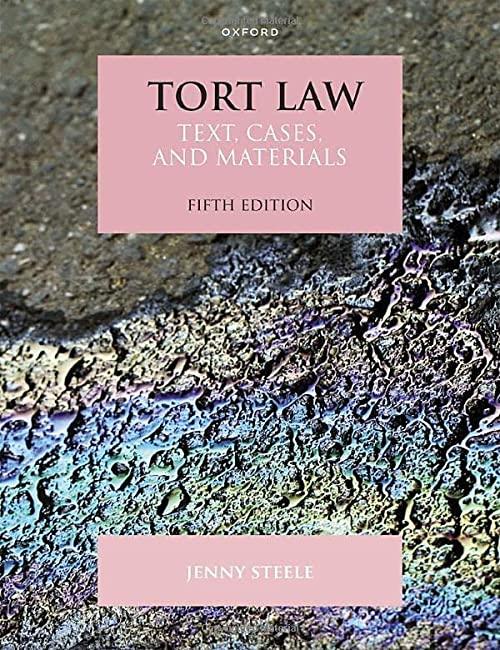Question
Anesthesia Practice (Practice) is a private practice that enters into a written agreement with Hospital to be the exclusive provider of anesthesiology services at Hospital.
Anesthesia Practice ("Practice") is a private practice that enters into a written agreement with Hospital to be the exclusive provider of anesthesiology services at Hospital.
Hospital provides office space, supplies, equipment, and personnel for Anesthesia Practice's use without charge when providing services to patients at Hospital.
Hospital bills Medicare and Medicaid the facility fees for the services provided.
Anesthesia Practice bills Medicare and Medicaid the professional fees for the services provided.
Three years later, Hospital builds a stand-alone Pain Clinic in a development about 5 miles from Hospital's main campus.
There is no new agreement nor an amendment to the existing agreement between Anesthesia Practice and Hospital for anesthesiology services.
Anesthesia Practice begins providing pain management services to patients at the new Pain Clinic and at the Hospital.
In exchange for those professional pain management services, Anesthesia Practice is provided office space, supplies, equipment and personnel at the Pain Clinic for Anesthesia Practice's use without charge when providing services to patients at Pain Clinic.
Hospital bills Medicare and Medicaid the facility fees for the services provided.
Anesthesia Practice bills Medicare and Medicaid the professional fees for the services provided.
Most, but not all, pain management services are provided by Anesthesia Practice on an outpatient basis.
Patients seen by Practice inside the Pain Clinic are evaluated by a Practice physician, and some are given prescriptions for injections and other interventional procedures.
Practice physicians refer those patients to Hospital or to Pain Clinic for those interventional procedures.
Practice physicians often perform the professional component of the interventional procedure for which those patients are referred.
Dr. Doom was an anesthesiologist with Practice until soon after the Pain Clinic began. He raised concerns with Anesthesia Practice and Hospital about how pain management services were being provided and billed, but Anesthesia Practice and Hospital decided to move forward based on advice of their respective lawyers. Due to his continuing concerns, Dr. Doom resigned and sought the advice of counsel. Dr. Doom states that Anesthesia Practice, Hospital and Pain Clinic submitted claims to Medicare and Medicaid and certified compliance with all relevant laws when doing so.
QUESTIONS
- Discuss whether the parties' arrangements implicate the Stark Law or Federal Anti-kickback law.
- If you determine that either or both of those laws are implicated, discuss whether exceptions or safe harbors will apply and, if so, how the criteria of the applicable exceptions/safe harbors may apply.
- Discuss whether a violation of Stark or AKS could be used as a basis for Dr. Doom to file a Federal False Claims Act cause of action. If so, please described the strengths and weaknesses of such an action, how such an action will proceed, and the possible penalties.
Step by Step Solution
There are 3 Steps involved in it
Step: 1

Get Instant Access to Expert-Tailored Solutions
See step-by-step solutions with expert insights and AI powered tools for academic success
Step: 2

Step: 3

Ace Your Homework with AI
Get the answers you need in no time with our AI-driven, step-by-step assistance
Get Started


